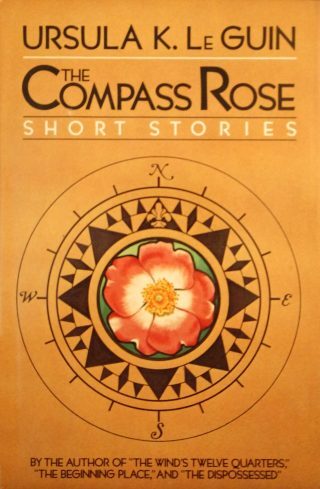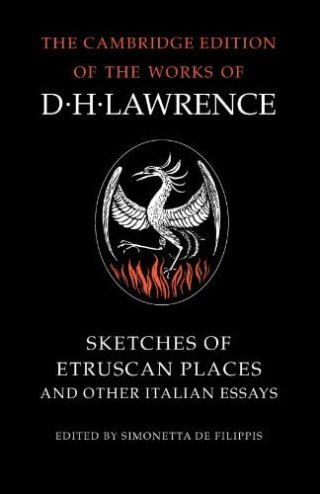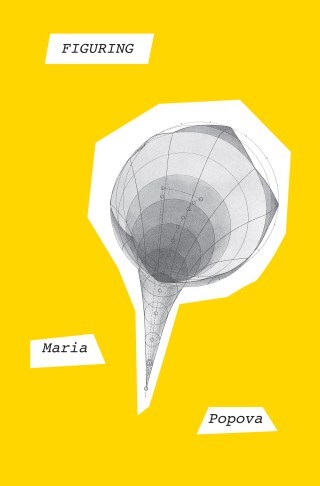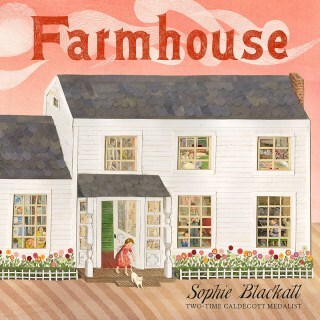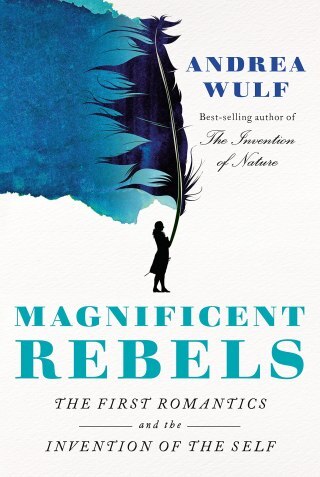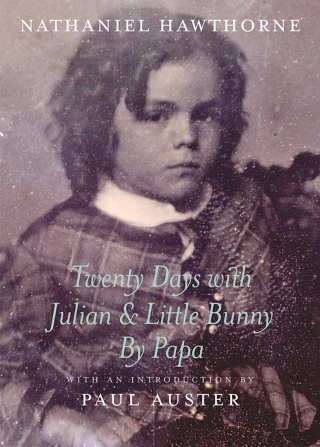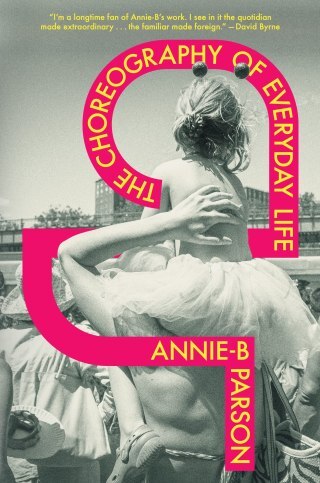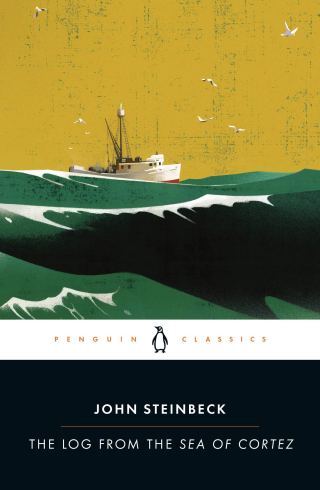Maria Popova's Blog, page 53
December 3, 2022
Affirmation in Solitude: Ursula K. Le Guin on the Poetry of Penguins
“If there is poetry in my book about the sea,” Rachel Carson reflected in her , “it is not because I deliberately put it there, but because no one could write truthfully about the sea and leave out the poetry.” Carson saw the sea as a microcosm of all life, and indeed, there is native poetry in the wonder of reality that we access whenever we step be...
December 2, 2022
How the Psychedelic Amanita Muscaria Mushroom May Have Inspired the Santa Legend of Lapland
It took humanity 200,000 years to “discover” mushrooms. Although they have accompanied us since the dawn of our species, although they far predate us and will far outlast every other living thing on Earth, we are only just beginning to understand their layered mysteries — from their properties as portals into “the Beyond” to their status as nature’s instruments for listening.
But while mushrooms have been part of ancient spiritua...
December 1, 2022
The Art of Divination: D.H. Lawrence on the Power of Pure Attention
“Attention, taken to its highest degree, is the same thing as prayer,” Simone Weil observed as she considered the relationship between attention and grace at the peak of her short life. “Attention without feeling,” Mary Oliver wrote a generation later in her beautiful elegy for her soul mate, “is only a report.”
Before Oliver, before Weil, D.H. Lawrence (September 11, 1885–March 2, 1930) took up the subject of att...
November 30, 2022
The Poetry of Science and Wonder as an Antidote to Self-Destruction: Rachel Carson’s Magnificent 1952 National Book Award Acceptance Speech
A century and a half after Novalis declared that laboratories will be temples, the poet turned marine biologist Rachel Carson (May 27, 1907–April 14, 1964) consecrated science in her lyrical writings about the natural world. At the center of her creative cosmogony was a vital symbiosis between literature and scienc...
November 29, 2022
Farmhouse: Sophie Blackall’s Poetic Illustrated Tribute to Time and Tenderness
Every year, monarch butterflies migrate thousands of miles from Canada to Mexico. Each passage takes three to four generations, and each generation manages to communicate to the next, without language as we know it, the direction and call of the journey as it dies. Along the way, the caterpillars of the new generation feed exclusively on milkweed — the only host plant of the species, the only tast...
November 28, 2022
The First Romantics and the Invention of the Self: How a Circle of Friends and Lovers United Nature and Human Nature
Just after the revolutionary work he recounted in Awakenings, Oliver Sacks wrote in a note to the music therapist at Beth Abraham Hospital: “Every disease is a music problem; every cure is a musical solution.” He was quoting Novalis — the young German poet and philosopher who, while working in a salt mine and studying mathematics, geology, physics, and biology, was composing tortured and transcendent poems inspired by the death of his te...
November 26, 2022
Twenty Days with Julian and Little Bunny by Papa: Nathaniel Hawthorne’s Almost Unbearably Sweet Account of Sole-Parenting His Small Son
Nathaniel Hawthorne (July 4, 1804–May 19, 1864) was forty-seven when he became five. He had never had a childhood himself — his father, a sea captain, had died when Nathaniel was a small boy, hurling his mother into a near-catatonic grief from which she never recovered. But when his own small son was left in his sole care for thre...
November 24, 2022
The Choreography of Everyday Life: A Leaping Antidote to Our Modern Loneliness
“If the universe is meaningless, so is the statement that it is so,” Alan Watts wrote as he contemplated our search for meaning. “The meaning and purpose of dancing is the dance.”
It is a fertile metaphor, for the way we move through the world — and how we move the world through the mind — shapes our entire experience of it. Out of this existential...
David Bowie on Creativity and His Advice to Artists
Every creator’s creations are their coping mechanism for life — for the loneliness of being, for the longing for connection, for the dazzling incomprehension of what it all means. What we call art is simply a gesture toward some authentic answer to these open questions, at once universal and intimately felt — questions aimed at the elemental truths of being alive, animated by a craving for beauty, haunted by the need...
November 21, 2022
The Art of Receiving: John Steinbeck on the True Meaning of Gratitude
“It’s only when we demand that we are hurt,” Henry Miller observed when he weighed the delicate balance of giving and receiving. A demand is a metastasis of longing. Because longing is the defining feature of human life, learning to bear our longing without demanding is the beginning of healing.
Nothing is more salutary to the soul than th...

